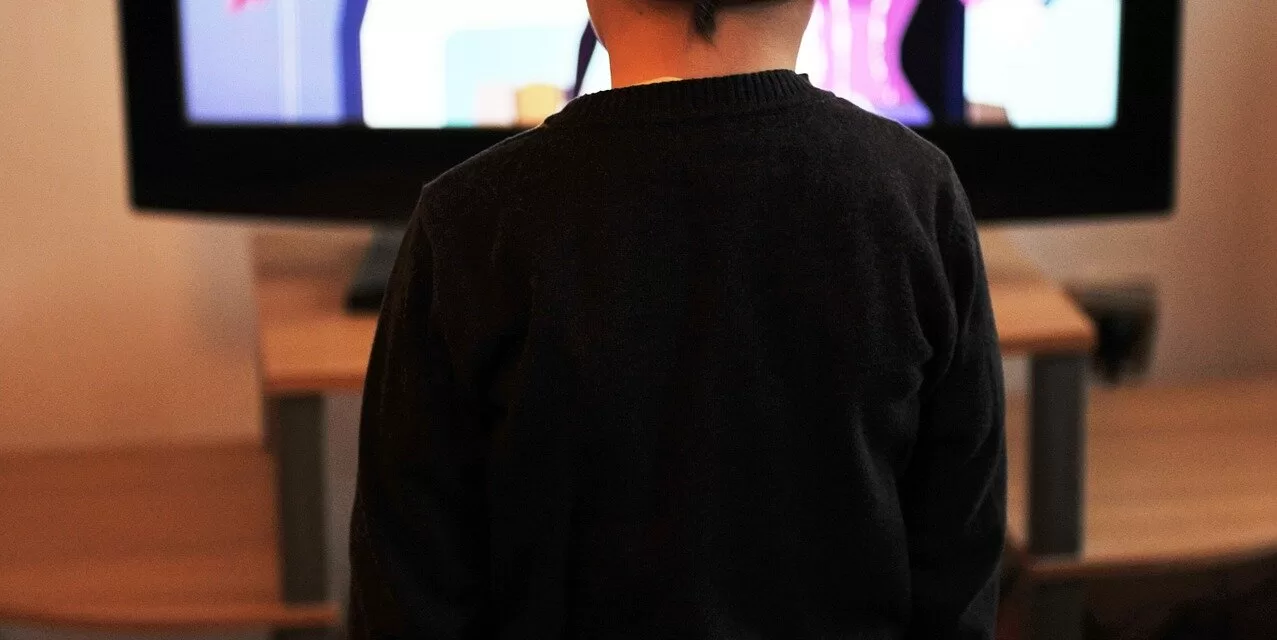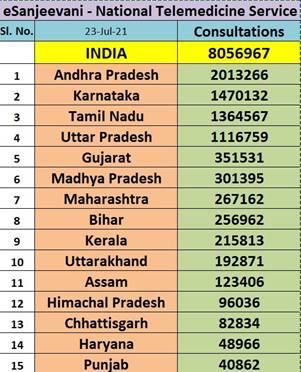A recent study published in JAMA Network Open on Feb. 14 suggests that physical activity and screen time during childhood significantly impact perceived stress and depressive symptoms in adolescence.
The study, conducted by Eero A. Haapala, Ph.D., and colleagues from the University of Jyväskylä in Finland, analyzed data from 187 participants in the Physical Activity and Nutrition in Children (PANIC) study. The participants, aged 6 to 9 years at baseline, were followed up for eight years to assess the long-term effects of lifestyle behaviors on mental health.
The researchers found that higher levels of self-reported physical activity and supervised exercise were linked to lower perceived stress and depressive symptoms in adolescence. Specifically, standardized regression coefficients showed inverse associations between total physical activity (β = −0.15) and supervised exercise (β = −0.15) with perceived stress. Similarly, depressive symptoms were inversely linked to total physical activity (β = −0.17) and supervised exercise (β = −0.14).
Conversely, increased screen time was positively associated with higher perceived stress and depressive symptoms. The analysis revealed that total screen time (β = 0.27), computer use (β = 0.16), and mobile device use (β = 0.28) correlated with greater stress levels. Moreover, total screen time (β = 0.30) and mobile device use (β = 0.33) were also significantly associated with increased depressive symptoms.
The authors emphasize the importance of promoting physical activity and limiting screen time to improve mental health outcomes in youth. “These findings highlight the need for early intervention strategies aimed at reducing screen exposure and encouraging active lifestyles among children to mitigate stress and depressive symptoms in adolescence,” the study states.
Disclaimer: This article summarizes research findings and does not constitute medical advice. Parents, educators, and healthcare professionals should consider multiple factors when addressing children’s mental health and lifestyle habits. For personalized recommendations, consulting a medical professional is advised.











